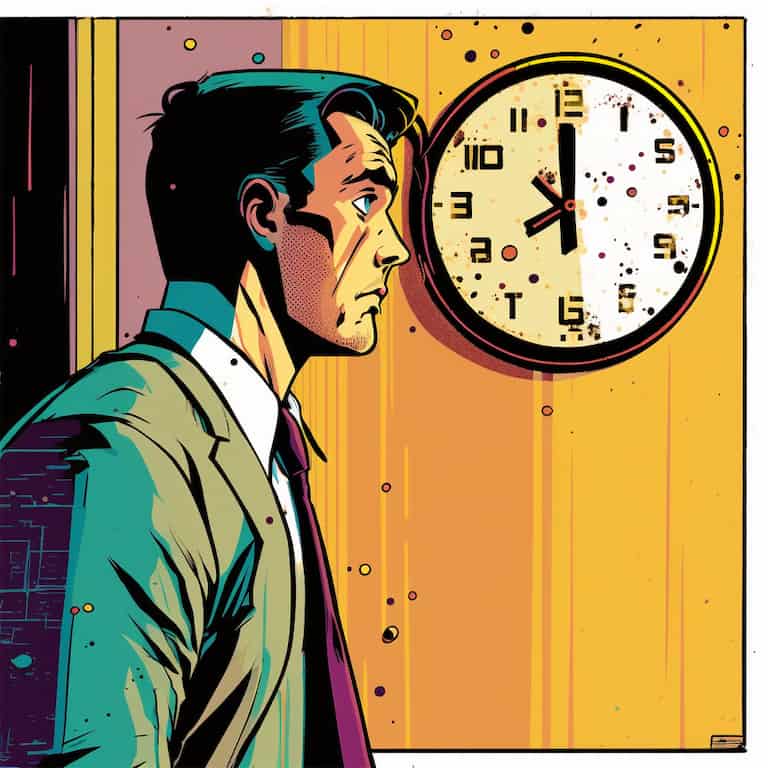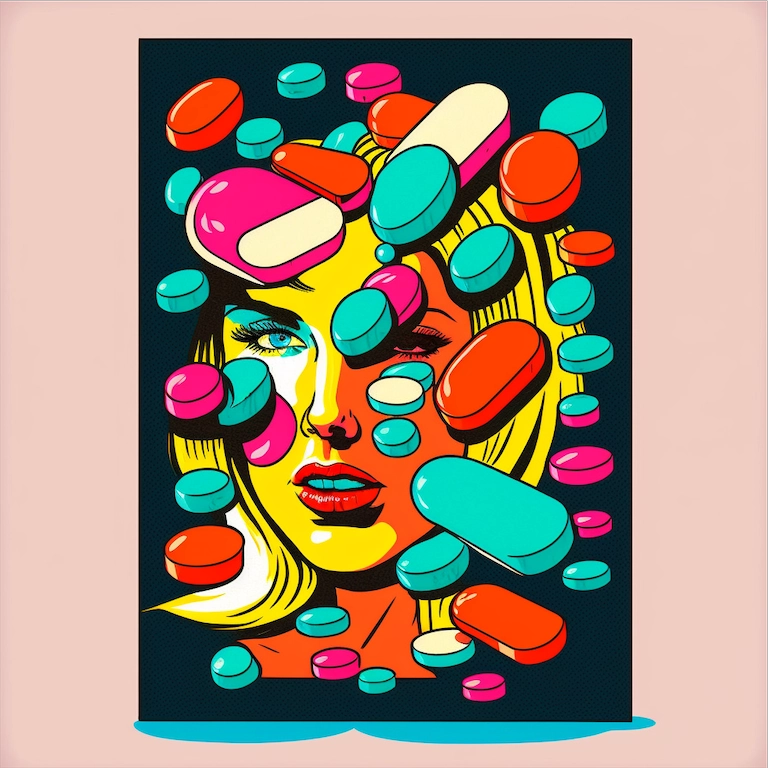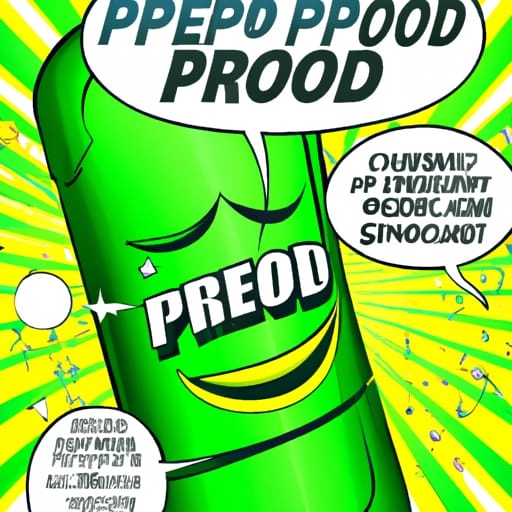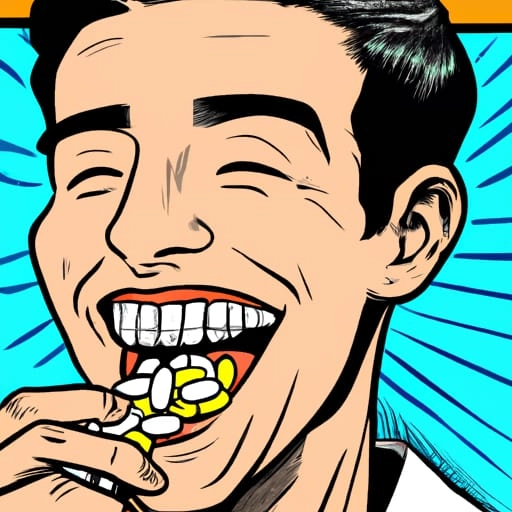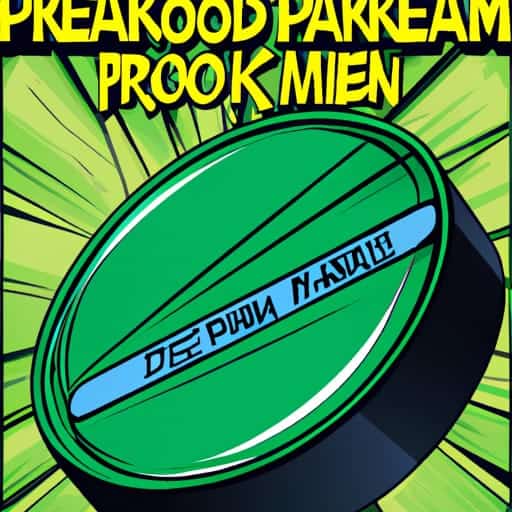How To Prescribe Antidepressants
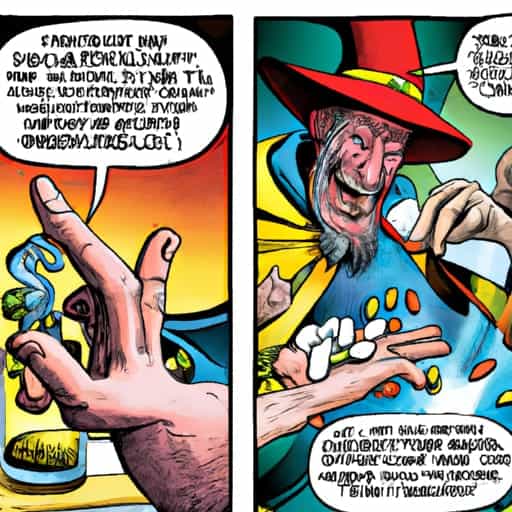
The science of research, the art of individual differences with just a touch of placebo magic.
How To Prescribe Antidepressants? It’s more like cooking than carpentry.
I have worked as a psychiatric nurse in the UK for many years. I’ve been in hospitals and community teams, worked across all ages from kids to seniors, and in my time supported people with all kinds of mental health conditions.
I changed jobs this year. I now spend eight hours a day concocting different medication regimes for patients with depression and anxiety. In perfecting this art, it’s amazed me how similar prescribing is to cooking. Daily, I have to consider the pharmacological, personal and regulatory factors to create the perfect recipe.
First off, let’s be clear. This is not medical advice. It’s merely my observations and musings about how I decide what to prescribe. Before considering the magic, let’s first look at the science.
Class Action
There are different classes of antidepressants. Firstly we have the Tricyclic Antidepressants. Nearly all psychiatric medication began with chemists noticing the sedating effects of antihistamine and meddling with the chemical composition to enhance that effect. That led to antihistamines that we still use to aid sleep such as promethazine, and then to antipsychotics and then the to the first Tricyclic antidepressant.
- Tricyclic Antidepressants. (TCAs) The main two that I still use are amitriptiline and I also use lofepramine. It’s claimed they work buy increasing the amount of serotonin in the brain and thus increase feel-good vibes. Though they are effective they are used less mainly because they are dangerous in overdose.
- Monamine Oxidase Inhibitors (MAOIs). There is a little enzyme in your body that destroys serotonin and other nice neurotransmitters. This class of drugs works by clamping down on that enzyme, so leaving the serotonin to float around longer. Trouble is, if you eat cheese or marmite (maybe you don’t eat marmite) or maybe cheese straws then these react with the MAOI and cause a dangerous rocketing of your blood pressure, potentially blowing open any aneurysms you may have lurking and kill you. As such, I avoid prescribing these because I’m too scared.
- Selective Serotonin Reuptake Inhibitors (SSRIs). These are the most commonly prescribed antidepressants. They stop serotonin being sucked back up into the neurons so it lingers around with pleasing effects. Also they don’t have an issue with cheese and they aren’t so dangerous in overdose as TCAs. You can see why we use these most.
- Selective Noradrenaline Reuptake Inhibitors (SNRIs). Noradrenaline is called Norepinephrine in the USA. I guess somebody thought: Yeah, serotonin is good, but what about noradrenaline? Isn’t that good too? So, they worked a class of drugs that stop this being sucked back into the neurons. From my experience these work as well as SSRIs, sometimes better.
- There are other wilder rarer ones too.
Guidance and Governance
There is an extensive regulatory and guidance system in the UK that directs prescribers to which medication they should prescribe for most conditions. Here’s a brief list of the guidance:
- The National Institute for Health and Care Excellence: NICE produces guidance papers on anxiety: Generalised Anxiety and Panic Disorder ; Social Anxiety; and in 2017 a Key Therapeutic Topic Paper on choosing medication for anxiety and depression, though this has since been withdrawn as formal guidance. Also on Depression: Depression in Adults. I am expected to take these guidelines into account.
- Then there’s the British National Formulary and British National Formulary for Children. These two tomes list all licensed medication in the UK along with which conditions they are prescribed for, appropriate doses, and reasons not to prescribe due to existing health conditions or dangerous interactions with other medications. This must be taken into account.
- The Maudsley Prescribing Guidelines in Psychiatry which is my go to book and list all side-effects, effective doses, with summaries of clinical trials and risks for patients with amongst other things heart conditions or renal impairment. Without this book, I am nothing.
- Then, if you really want to go into it, there are repositories like The Cochrane Library which lists reviews into the different drugs, how safe they are, how efficient they are and how they compare with each other. I occasionally delve into this, but mostly the other books have already trawled through this library to come up with their recommendations.
This is all very thorough. With this amount of guidance, surely prescribing medication should be as simple as falling off a log? The trouble is, this is all science, but prescribing is as much of an art as a science.

Bad Science
A major complication is that you can’t trust drug companies to be straight with you. In 2008, Ben Goldacre highlighted the point that the science behind antidepressants can be somewhat dodgy. My pharmacology professor was candid about how drug companies only publish the studies that show their medication in a positive light. It’s them who fund the studies, so if the studies don’t provide supportive evidence to sell their product, they get buried somewhere dark and the researchers sworn to secrecy.
This reminds us that there are two purposes to scientific research.
- The first purpose of science is to reveal the truth!
- The second purpose of science is to persuade you to buy things!
Commercially funded scientific research is rarely done for the sake of knowledge alone. Perhaps it’s even mainly done to persuade people to buy their drugs, not the other guy’s.
Lots of studies are funded to compare an antidepressant with a rival company’s offering, rather than just to see how effective it is per se. Of course, these companies have marketing departments and the people working there could easily have previously sold cars or laptops.
Goldacre comments that antidepressants are supposed to work by increasing the amount of serotonin in the brain, but says this theory is a long way from proven. It’s difficult to calculate serotonin levels. We have the 5HT test which measures blood levels of serotonin, but that isn’t equivalent to brain levels because of the blood/brain barrier.
We can’t actually measure the amount of serotonin in a living brain so we don’t really know if the medication increases it. Plausibly, it does, but we don’t rigorously know that increasing serotonin makes you happier. It might do, but Goldacre isn’t convinced.
Of course, throwing words like’ serotonin’ and ‘neuron’ and general scientific babble lends credibility to the argument. A long time ago, the Greek philosopher Aristotle set out his three methods of convincing people. The first is an appeal to reason, (Logos). The second is an appeal to authority (Ethos). The third is the appeal to emotion (Pathos)
Big Pharma uses all of Aristotle’s tricks to clinch the sale.
So, I am mindful while prescribing that the drugs might not be as effective as the companies that make them claim they are.
Placebo Is Not Just A Band
Placebo ( as well as being a 90s rock band I quite liked) is Latin for “I will please…”
In a medical sense, the placebo effect happens when a doctor does effectively nothing while making you think she is doing something. She may give you you a sugar tablet which you believe is a painkiller and your pain miraculously decreases.
Some people — even on the internet — think that a placebo is merely a trick. But if it decreases your pain, then it decreases your pain, no matter if the way it decreases your pain is not understood.
So if something causes a change through belief alone, this isn’t science, or even art — it’s magic. And placebo magic actually exists; there are lots of scientific studies that prove the placebo effect…
(What was I saying about scientific studies?)
But, despite my caution about scientific research, I do believe in the Placebo effect.
The benefit seems to rest on belief, and on how much the patient trusts the clinician. This is Aristotle’s Appeal to Authority again. I wonder if wearing a white coat and hanging a stethoscope around my neck would increase my authority and therefore the benefit of the drugs I prescribe.
But, I think it’s true that if the patients I give the anti-depressants to believe in me, there is a good chance that they will feel better even if the tablets chemically do nothing.
Interestingly, In a trial for Irritable Bowel Syndrome conducted by Ted Kaptchuk and colleagues in 2010, even when patients knew they were being given a sugar pill, they still showed significant benefits. A real change with no mechanistic explanation?
So yes, prescribing involves magic too.
So Am I A Fraud?
Worth asking, but: no.
It’s true that I sometimes say to a patient, “I’ve had good results with this one,” and “I’m confident this will help you,” or even “This is the strongest dose.” Anecdotally, I think saying these things increases the benefit patients get from the medication. Now, we need to consider ethics here. I only say these things if I sincerely believe them. To do otherwise, is straying from the path, and I won’t do that.
But you need to find your own way to trust the medication. On the one hand, I have all that guidance saying, yes they work, and scepticism of other people saying no they don’t. Who should you believe? Ultimately, you have to work it out for yourself.
However, these are some reasons why I think antidepressant medication does do something:
- Side effects happen. Not a clincher, but if the tablets make patients sick and give them headaches, they must be having some effect.
- Withdrawals happen. If the medication made no changes to the body, how come patients feel unwell coming off them? The drug companies and guidance would rather talk about ‘discontinuation effects’ than ‘withdrawal’. But that seems rather mealy mouthed to me. If you stop taking the tablets, get sick, then after a while stop being sick, then that’s a withdrawal, no matter what you call it. This is why we reduce the medication slowly. Please, if you want to quit them, don’t suddenly stop. You probably won’t die, but you might feel rotten.
- Patients say they feel better. Now, this may be the placebo effect caused by their belief in me, or it may be because the medication actually helps. And after many years — see my sly appeal to authority there? — I tend to believe the medication actually helps because people who didn’t believe in the meds, or me, still get better.
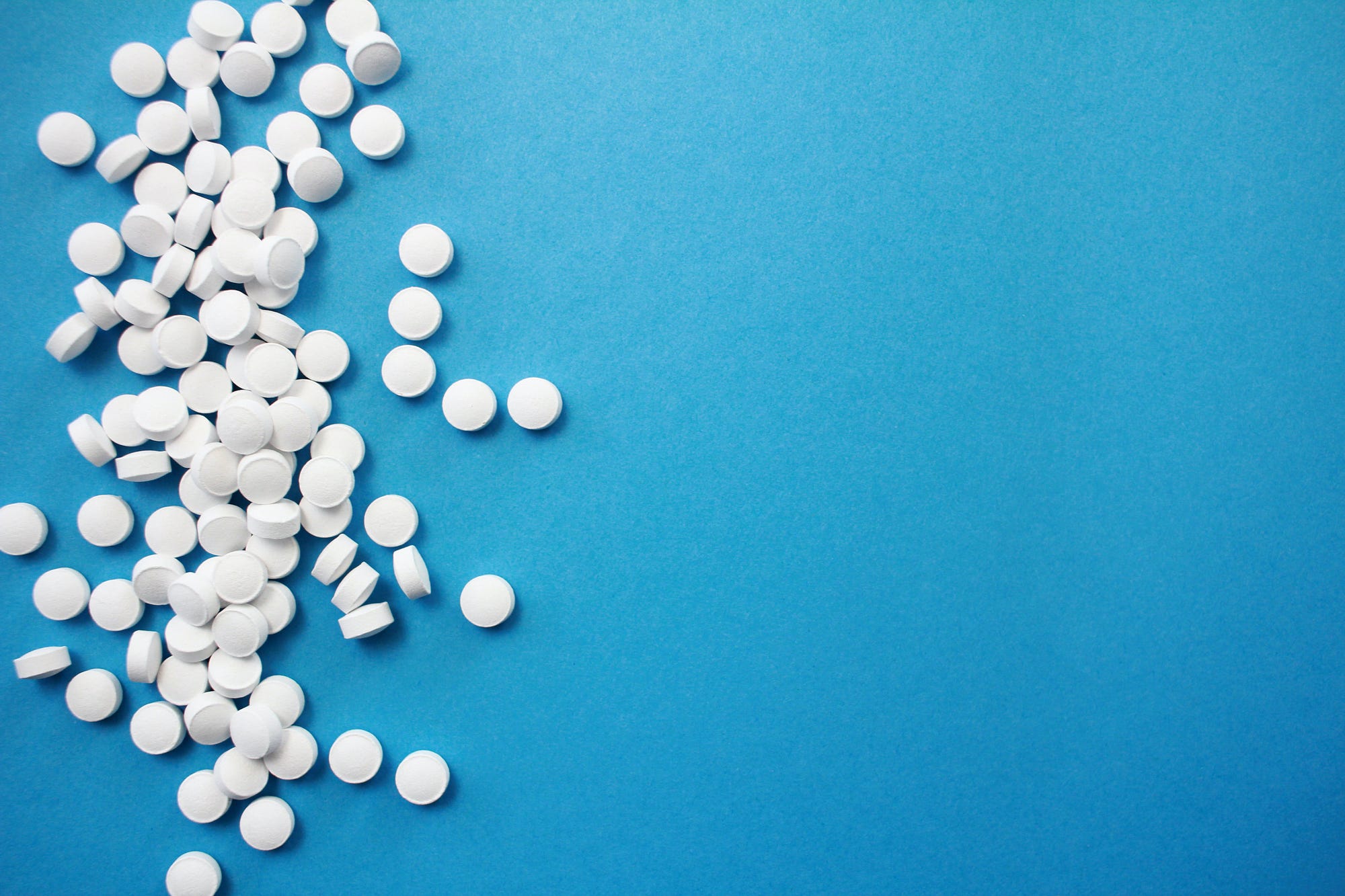
Bespoke Prescribing
A secret kept from the world until now is that this medication may not obliterate depression and anxiety.
As such, people tend to shop around and this leads to them trying out all the drugs. Patients tell me that sertraline was dreadful for them, but citalopram was wonderful, or that they couldn’t tolerate fluoxetine but paroxetine really worked well.
People are all different. (I’m really hitting you with these truths today.)
Given that all the antidepressant medications do similar things, then how come results are different for different people? Maybe the answer is in our own physical and genetic makeup. The differences between us aren’t massive, but they can be significant. For example, I can eat hotter chilli than a lot of people while I’m more or less chemically identical to them. I can also drink milk and eat bread while others can’t without getting upset stomachs. Some people are bigger than others, some taller, skinnier. Lots of little variations. But even this doesn’t seem to explain the wide range in effects from different drugs on different people.
In addition to genetic and environmental differences. People may be taking other medication or have other illnesses. All medication you take interacts in your body.
Then there’s the above-mentioned placebo effect. Maybe the person believed in one tablet more than another. Maybe they had a family member or friend they trusted implicitly who swore by sertraline and hated fluoxetine.
Maybe they were even influenced by the packing colour and the typography and logo of one brand over another. Marketing departments put lots of work into this kind of thing.
In any case, some patients like some antidepressants and hate others, but I can’t find any consistency to say one drug is definitely better than another.

Side Effects Can Be Helpful
We can use the unintended side effects of the medication to help people.
- Some Pills Make You Sleepy: for example, for people who are having trouble sleeping, trazodone and mirtazapine will induce drowsiness.
- Some Pills Make You Fat: for people who are losing weight or want to put weight on, mirtazapine is well known for increasing appetite. Olanzapine (an anti-psychotic) will also do this.
- Diabetic patients have told me their glucose levels were much better once they stopped taking mirtazapine. However, the makers of mirtazapine have scientific studies showing that their boy mirtazapine does not have a negative effect on blood glucose levels.
- Some Pills Make You Horny: Or at least they don’t make you not horny. Lack of libido is a real problem with this kind of medication. So, for people whom a normal sex drive is important, I need to find an antidepressant that has little negative effect on libido. Some people don’t care about their sex drive. Interestingly, trazodone has reports of causing priapism, which is actually a dangerous condition. I find myself going back to the old tricyclics because of their lesser effect on libido, particularly lofepramine.
- Some Pills Will Kill You Stone Dead (if you take too many at once). Before prescribing tricyclic drugs, I need to check whether the person is suicidal as this kind of drug is more dangerous in overdose.
- And others have a kaleidoscope of weird and unintended side effects. For example, Other notable side effects is that these drugs can make you clench your jaw (technically known as bruxism). They can make you nauseous, give you headaches and weird dreams, and make you more likely to bleed, particularly with other medication such as anticoagulants and non-steroidal anti-inflammatory painkillers like naproxen and ibuprofen.
- Bottom line: if you get bad side effects, you should stop taking the meds.

Conclusion
Remember, I’m not giving personal medical advice, I’m merely running through my process when I come to prescribe and the kind of things that need to be taken into account.
If you suffer from depression, I can honestly tell you that I have seen medication bring benefits and relief.
Sure, there are side effects but you have to work out the cost benefit ratio.
Personally, I would avoid MAOIs because I couldn’t live without cheese or marmite, but other types of medication have less worrying side effects
And you can always stop taking them if they don’t work.
Takeaway message: Medication can be really helpful. Don’t be afraid of it. If you have depression, it could save your life.
Please, don’t wait until things get worse. Go see a professional.

